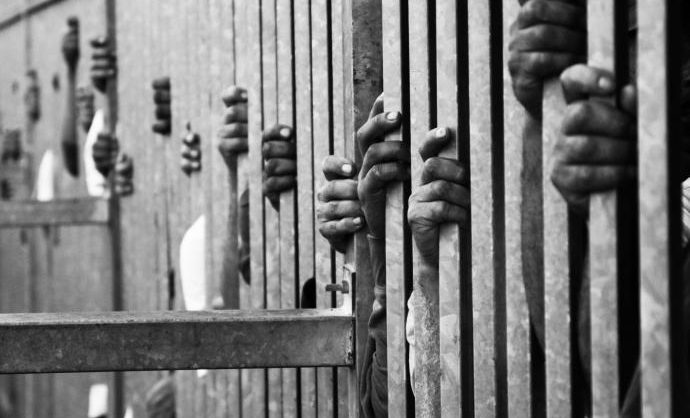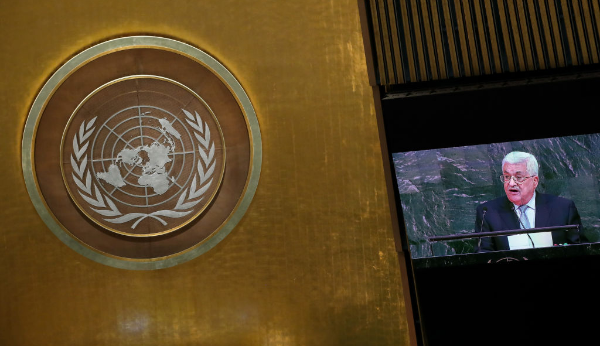For nearly three decades, the so-called two-state solution has dominated discussions of the Israeli-Palestinian conflict. But the idea of two states for two peoples in the territory both occupy was always an illusion, and in recent years, reality has set in. The two-state solution is dead. And good riddance: it never offered a realistic path forward. The time has come for all interested parties to instead consider the only alternative with any chance of delivering lasting peace: equal rights for Israelis and Palestinians in a single shared state.
It has been possible to see this moment coming for quite a while. As he tried to rescue what had become known as “the peace process,” U.S. Secretary of State John Kerry told Congress that the two-state solution had one to two years left before it would no longer be viable. That was six years ago. Resolution 2334, which the UN Security Council passed with U.S. consent in late 2016, called for “salvaging the two-state solution” by demanding a number of steps, including an immediate end to Israeli settlement building in the occupied territories. That was three years ago. And since then, Israel has continued to build and expand settlements.
The arrival of U.S. President Donald Trump in the White House put the final nail in the coffin. “I am looking at two-state, and one-state, and I like the one that both parties like,” Trump explained in February 2017. Policy wonks and seasoned diplomats rolled their eyes at the reality-TV celebrity turned commander in chief describing the options as if they were dishes on a buffet table. But the remark indicated a genuine shift: since the current phase of the peace process began in the early 1990s, no U.S. president had ever before publicly suggested accepting a single state. What Trump had in mind has become clear in the years that have followed, as he and his team have approved a right-wing Israeli wish list aimed at a one-state outcome—but one that will enshrine Israeli dominance over Palestinian subjects, not one that will grant the parties equal rights.
Under Prime Minister Benjamin Netanyahu, Israel has abandoned any pretense of seeking a two-state solution, and public support for the concept among Israelis has steadily dwindled. Palestinian leaders continue to seek a separate state. But after years of failure and frustration, most Palestinians no longer see that path as viable.
The simple truth is that over the decades, the Israelis developed enough power and cultivated enough support from Washington to allow them to occupy and hold the territories and to create, in effect, a one-state reality of their own devising. Netanyahu and Trump are seeking not to change the status quo but merely to ratify it. The question, then, is not whether there will be a single state but what kind of state it should be. Will it be one that cements de facto apartheid in which Palestinians are denied basic rights? Or will it be a state that recognizes Israelis and Palestinians as equals under the law? The latter is the goal that Palestinians should adopt. The Americans and the Israelis should also embrace it. But first they must realize that the status quo will eventually prove unsustainable and that partitioning the land will never work—and that the only moral path forward is to recognize the full humanity of both peoples.
Read more HERE






































